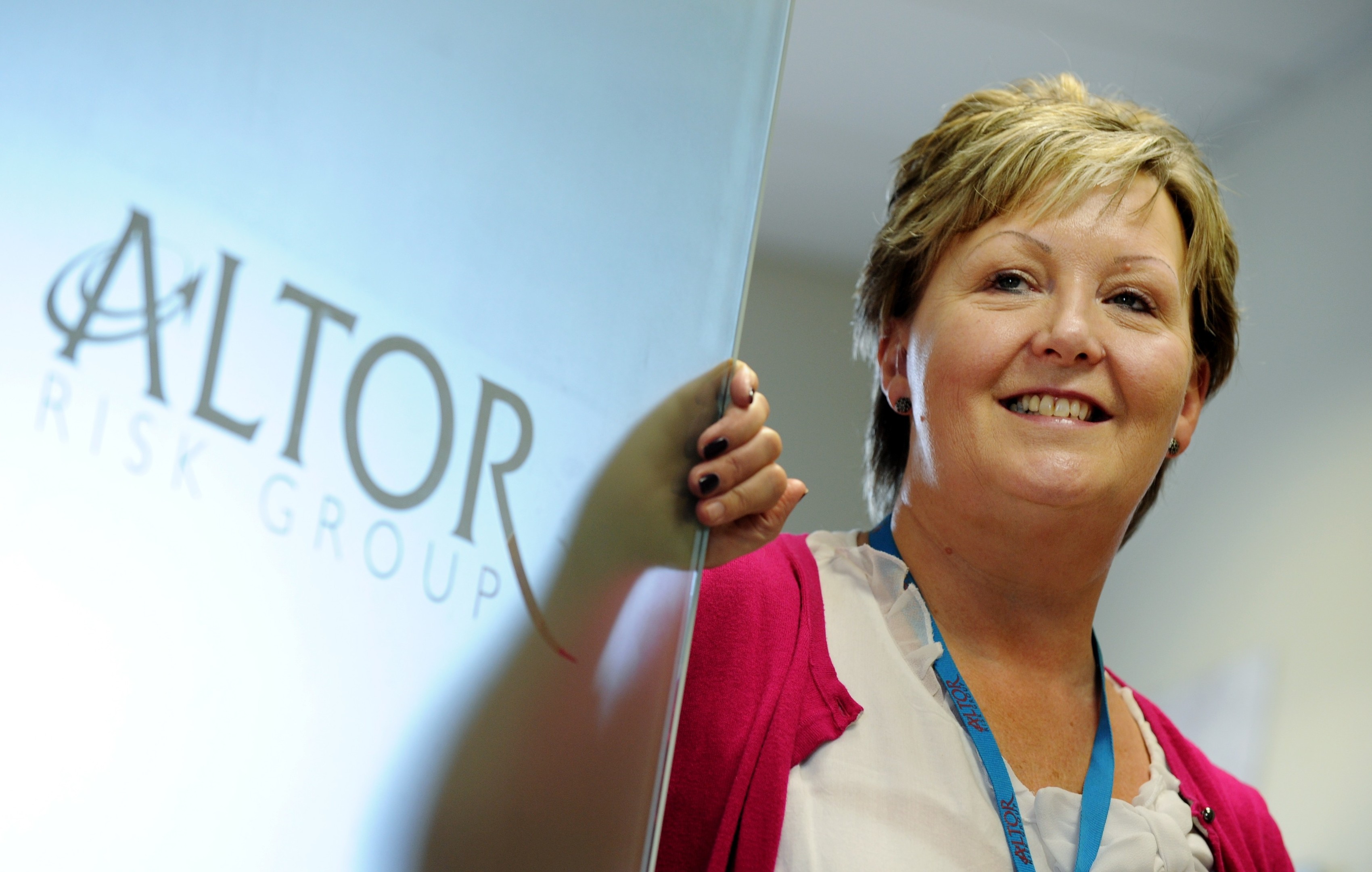People are the priority for oil and gas companies and this is never more evident than when faced with an emergency situation. For Rona Grimmer, who leads on the Care for People consultancy and training at Altor Risk Group, the industry is coming to realise that they are judged by their actions and not their words.
“I think while a number of companies certainly felt that their people were a priority in an emergency, they didn’t necessarily demonstrate that. Generally speaking, we saw that while staff were considered in the immediate aftermath, that lessened as time went on,” explained Rona.
“It’s not simply a case of looking after your people there and then; the repercussions of an incident go on for days, weeks and perhaps even months. The industry is certainly becoming more aware of that and making sure they support their staff throughout the whole process.”
Rona joined Altor in 2011 after a 30 year career with Grampian Police, during which time she achieved the rank of Detective Inspector and had a particular interest in family liaison work. In 2004 she was put in charge of the Force Policy Unit before being seconded to the Scottish Government to write the ‘Care for people’ strategy, which formed part of the government’s response to major incidents.
Rona acknowledges that it can often take a major incident to overhaul industry practices.
“We saw a definite change following Bond’s North Sea helicopter crash in 2009,” she said. “It wasn’t just the industry that changed for the better however; I was still with the police at that point and it made us re-evaluate a number of our own processes.”
Prior to the fatalities in 2009, it was left to the police to notify families that their loved ones had been involved in an incident.
“It was never left to the employer to perform that sensitive task,” said Rona. “However the sheer scale of that incident demonstrated that the police simply couldn’t do it all and employers had to begin engaging with families immediately.”
“It was also the first time that we realised the significant role social media has to play in an emergency, something that hadn’t been considered before. When the helicopter crashed people knew immediately and that showed companies that they couldn’t afford to sit back and expect someone else to inform relatives.”
Rona believes that honesty should be a watchword in incidents.
“Families deal far better with the truth,” she explained. “Although you may not be able to give exact details on what has happened and the nature of injuries, you can at least make the relatives aware of the situation and begin supporting them through what will be a traumatic time. We find that families appreciate honesty from the outset and while it won’t negate their upset, you’re certainly not adding to it by keeping information from them.”
Altor has seen considerable buy-in from industry for their advice and training courses.
“They realise they need to be able to offer this service and consequently, companies actively approach us,” she said. “The sad fact is that often it takes a tragedy to happen before a company realises they have to provide this service. We would far rather they came to us before something happened so that they can deal with families appropriately.”
The Aberdeen-headquartered company tailors consultancy services and training courses according to size of business, scope of operations and where employees are based so that every course is different and applicable to the needs of that client.
Rona has worked to change perceptions of where this role fits in within a company.
“There’s a misconception that this is an HR role, but I ask companies to look wider and instead look at those employees who have the appropriate skill set to handle such a challenging task,” she said.
“It doesn’t need to be a departmental issue. Rather, it is finding people who are comfortable undertaking such a sensitive issue and are empathetic. It’s a highly difficult time for everyone concerned and if you get it wrong from the start, people – and companies – won’t recover.”
